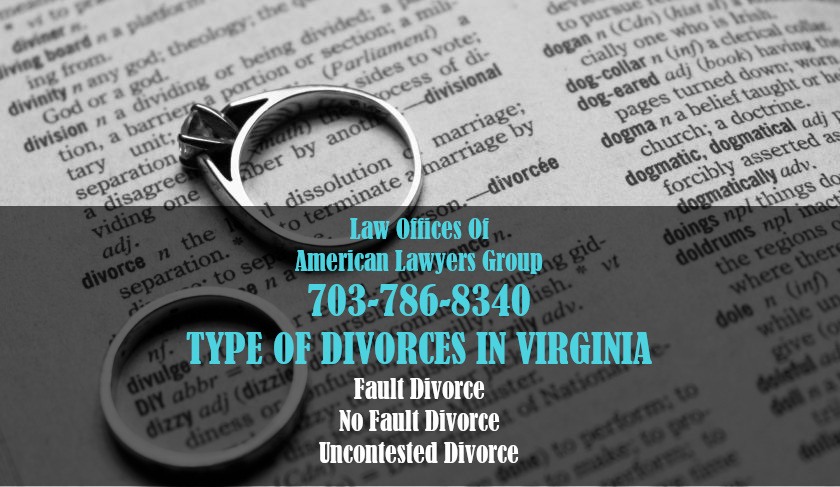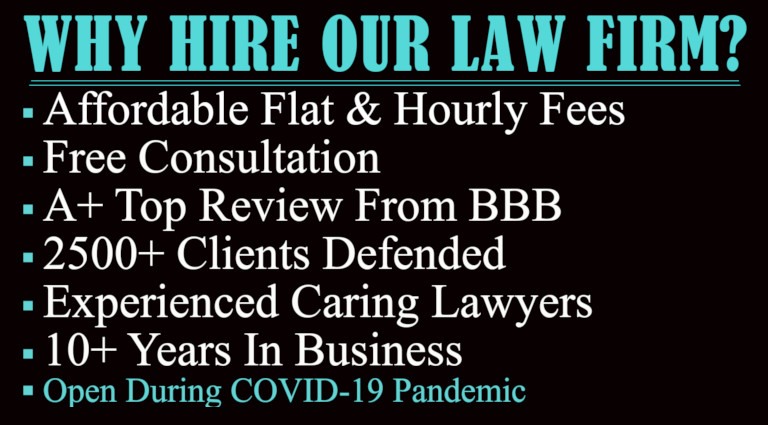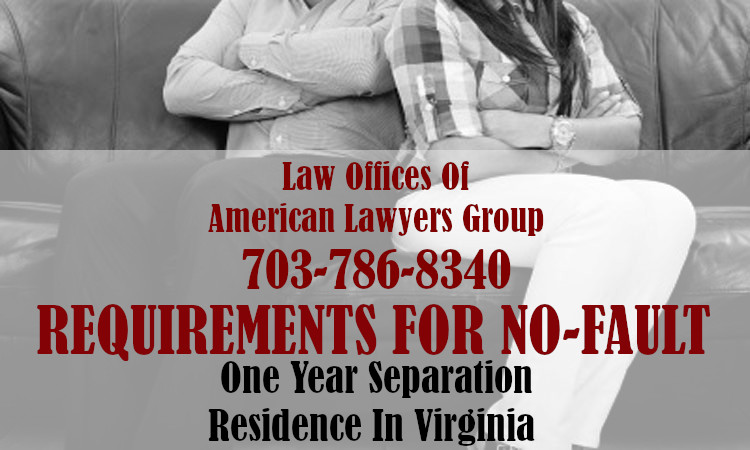We understand that discovering your spouse committing adultery is very hurtful and betraying, but know that justice can be served! First thing that you should do upon discovering unfaithfulness from your spouse is to talk to a Divorce Lawyer in Virginia.
In Virginia, you can have a legal fault-based ground for divorce against your spouse if you have any evidence that shows that he and your best friend had sexual intercourse.
What is Adultery in Virginia?
It is important to know that to prove Adultery in court and to file your divorce, you should familiarize yourself with the legal grounds that apply to your situation. If you caught your spouse having intercourse with your best friend or any other person, then in Virginia, your spouse committed adultery and you can get divorced under fault-based grounds. According to the VA. Code § 18.2-365, the definition of adultery is “Any person, being married, who voluntarily shall have sexual intercourse with any person not his or her spouse shall be guilty of adultery, punishable as a Class 4 misdemeanor.” Pursuant to VA. Code § 20-91 (1), adultery is a legal ground for divorce.
| Adultery |
|
In simpler terms, adultery means any spouse who voluntarily had sexual intercourse with someone who isn’t you.
Proving Adultery in Court
Proving adultery in court can be tough, as you need clear and convincing evidence. It is important to know that proper documentation and record keeping of information will help with gathering evidence. However, with the right documentation and the guidance of your divorce lawyer, you can present a strong case.

Here are some key steps you can take to gather evidence:
Gather any text messages, emails, and any other communications between your spouse and paramour (best friend). You should collect and keep:
Any conversations that show explicit behavior between them that show inappropriate and sexual discussions
Any photos shared shared between your spouse and best friend that show sexual or inappropriate content
Any written confessions of adultery – sexual intercourse between them.
Any records of bank statements in joint accounts that suggest unusual behavior like purchasing expensive items that were not given to you
Any clear images or videos of your spouse and paramour being in an inappropriate or sexual situation like being in the bed together with no clothes on or videos of them having sexual intercourse.
Evidence is a multitude of information, but the tricky thing in this situation is to obtain concrete and clear evidence that shows they had sexual intercourse. The important thing to know is that the more explicit it is the more it will help with proving your claim of adultery in court to the judge.
If gathering evidence is difficult for you. We advise you to hire a private investigator who specializes in gathering evidence that you can use in court.
Private investigators can legally collect evidence which can really help with proving your case. If you can’t find any text messages, emails, videos, or photos that show your spouse committing adultery. Private investigators can capture photographic and video evidence of your spouse committing adultery with your best friend by following them in public areas. As well as, gather any evidence of messages or photos that show clear and concrete evidence of your spouse and best friend committing adultery that you couldn’t find. Although it isn’t guaranteed, private investigators can definitely help with proving adultery in court.
Steps To Legal Action
After you have obtained clear and convincing evidence of your spouse’s adultery , it is important to hire a lawyer to prove adultery to the judge and grant your divorce. You’ll need to be prepared to present your evidence of adultery clearly and effectively in court.
This may involve providing witness statements or testifying about your spouse’s infidelity and the impact it has had on you. If witnesses can support your claims of your spouse committing adultery with your best friend or if the private investigator can provide testimony, they may be called to testify on your behalf and it will help your case. It is essential to work closely with your lawyer to understand the details of your case and what to expect in court.
Contact the American Lawyers Group
Our Divorce Lawyers specialize in proving adultery, especially helping you with which evidence you should provide the court. We have Divorce Lawyers in Northern Virginia, so contact us to help you with your divorce proceedings. Call us at (703) 786-8340 to schedule a consultation.




